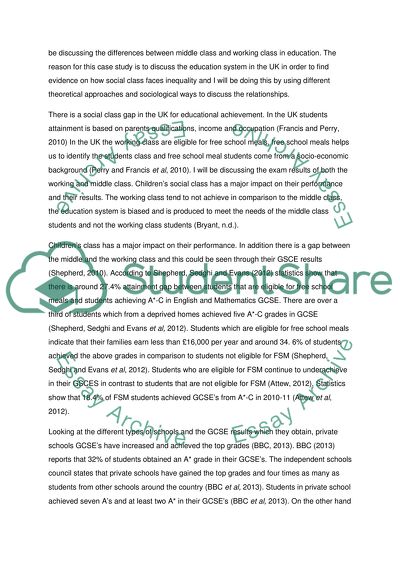Cite this document
(“Social class and inequality within the education system in the UK Essay”, n.d.)
Retrieved from https://studentshare.org/education/1498716-social-class-and-inequality-within-the-education
Retrieved from https://studentshare.org/education/1498716-social-class-and-inequality-within-the-education
(Social Class and Inequality Within the Education System in the UK Essay)
https://studentshare.org/education/1498716-social-class-and-inequality-within-the-education.
https://studentshare.org/education/1498716-social-class-and-inequality-within-the-education.
“Social Class and Inequality Within the Education System in the UK Essay”, n.d. https://studentshare.org/education/1498716-social-class-and-inequality-within-the-education.


